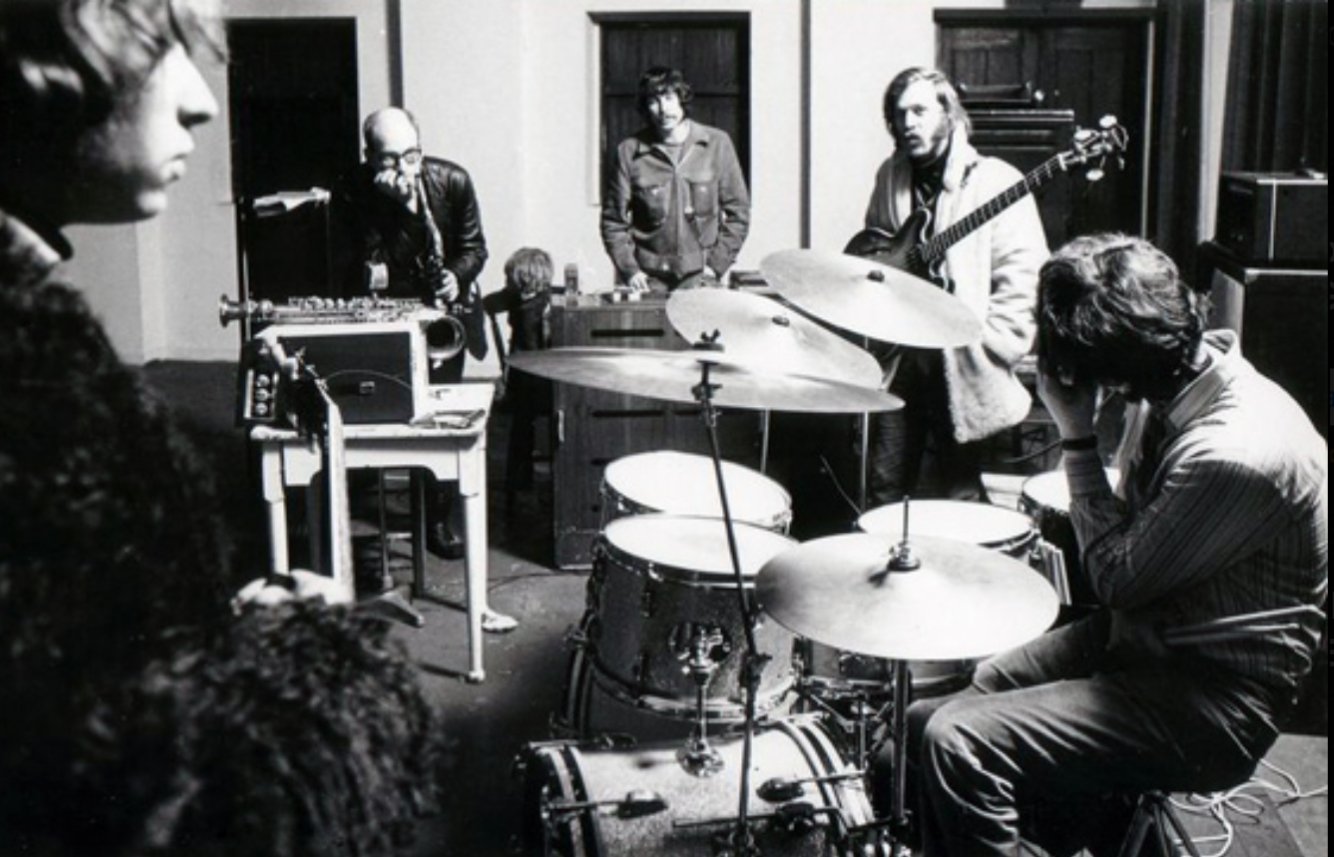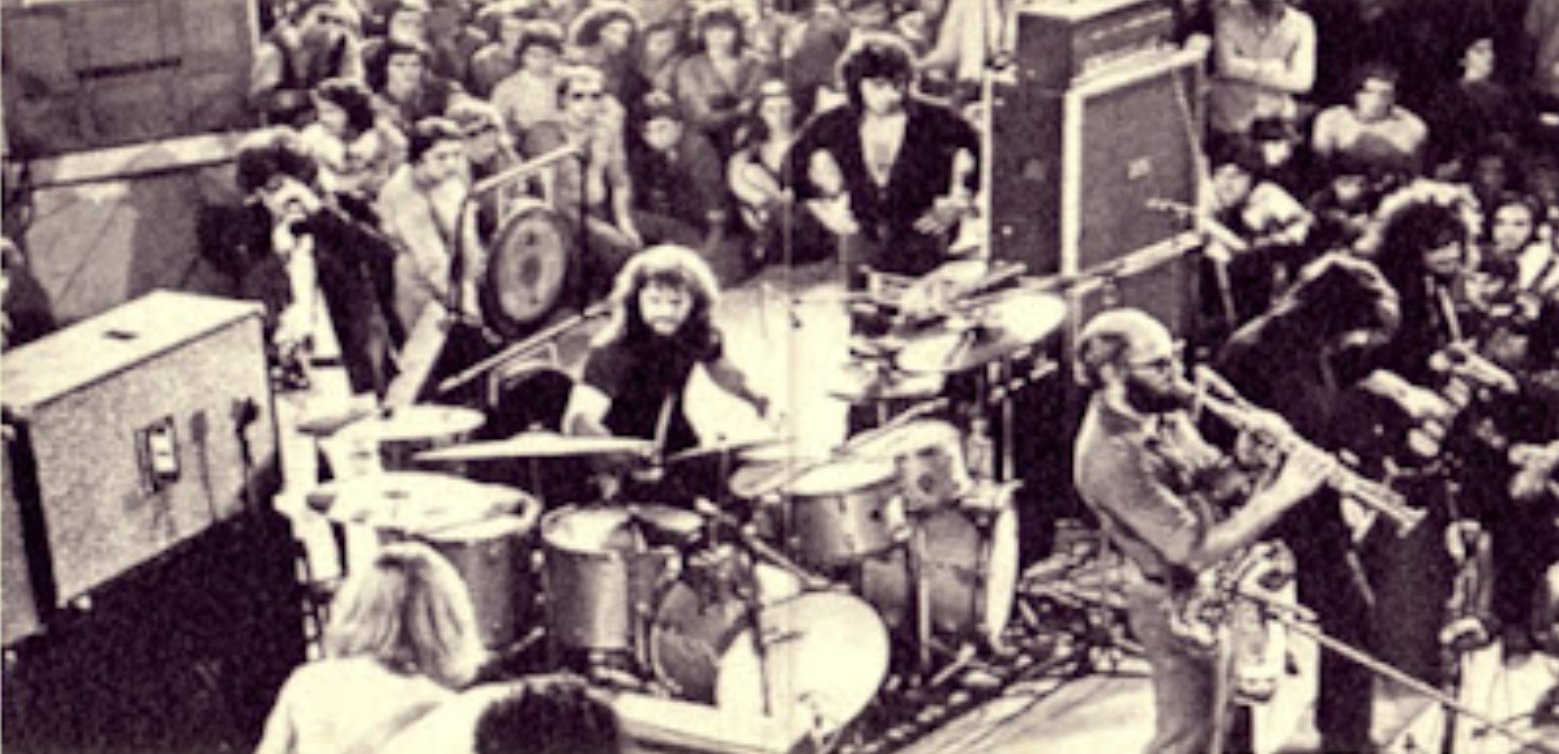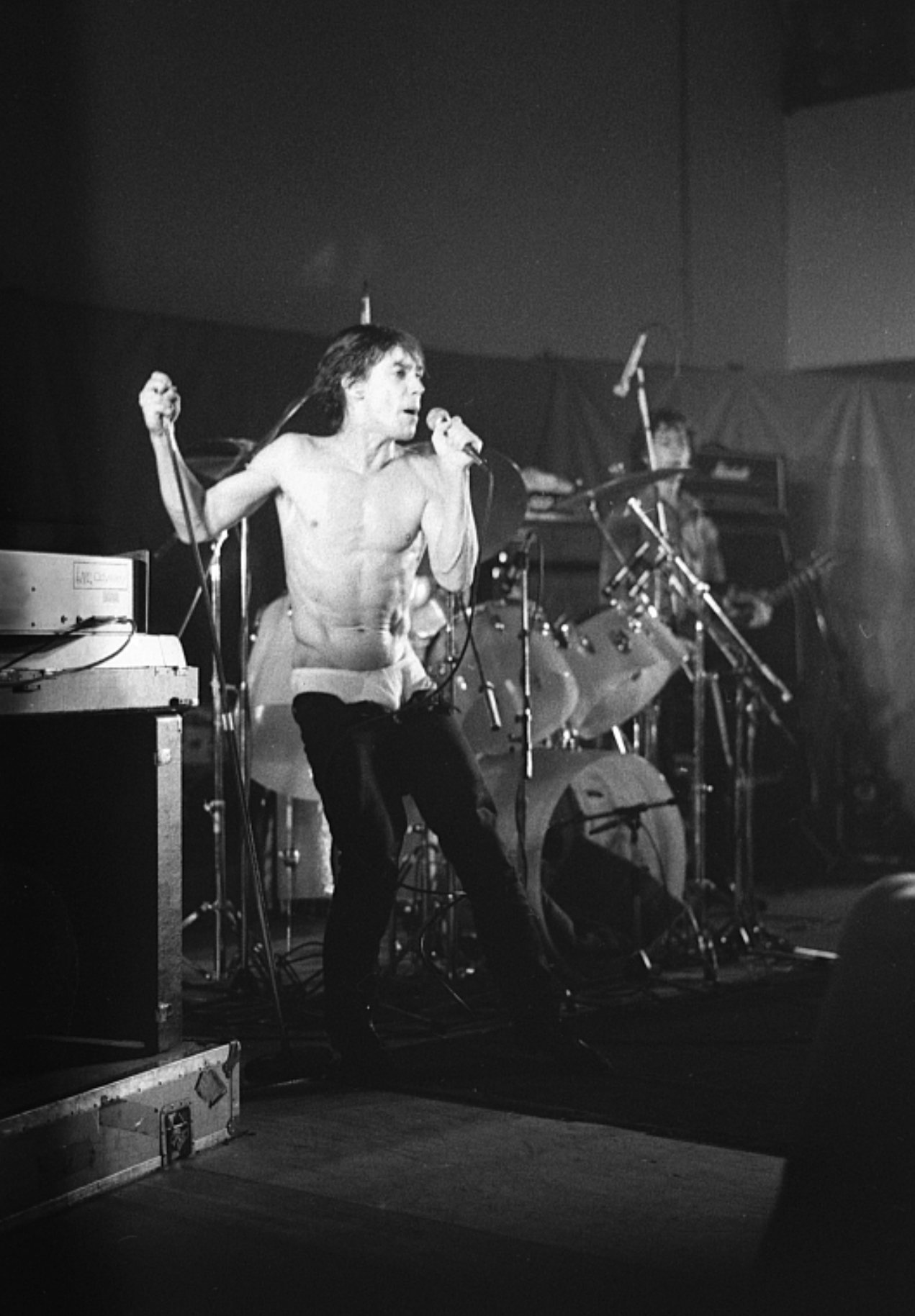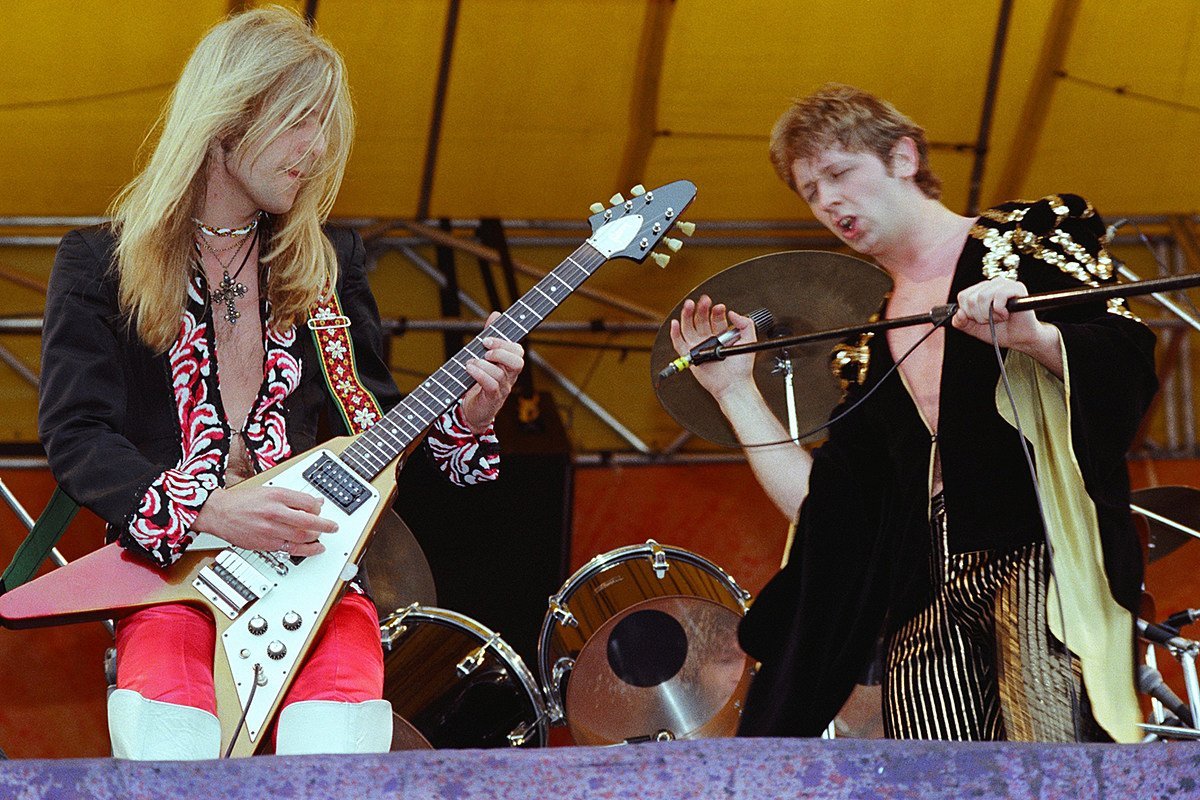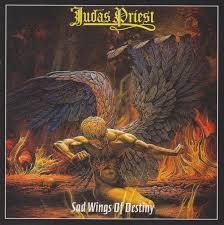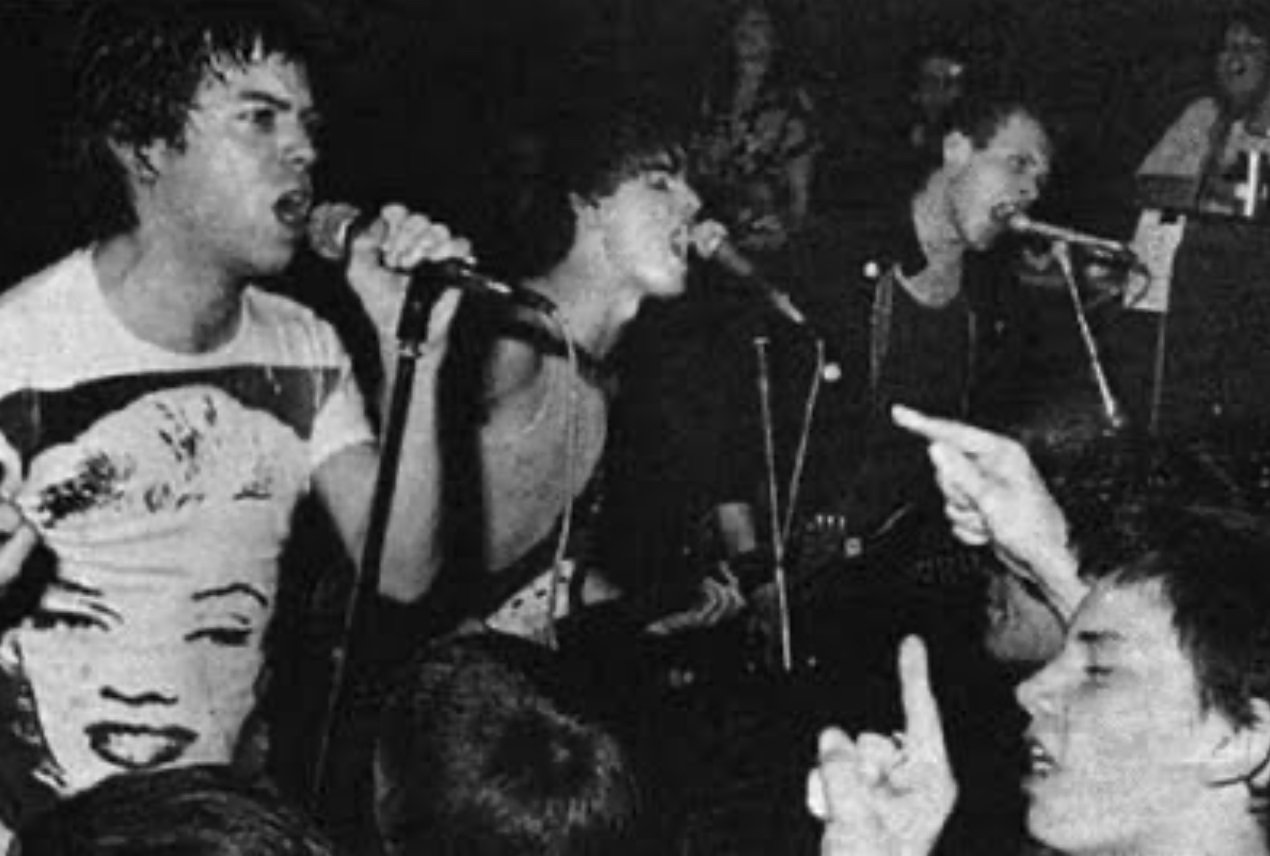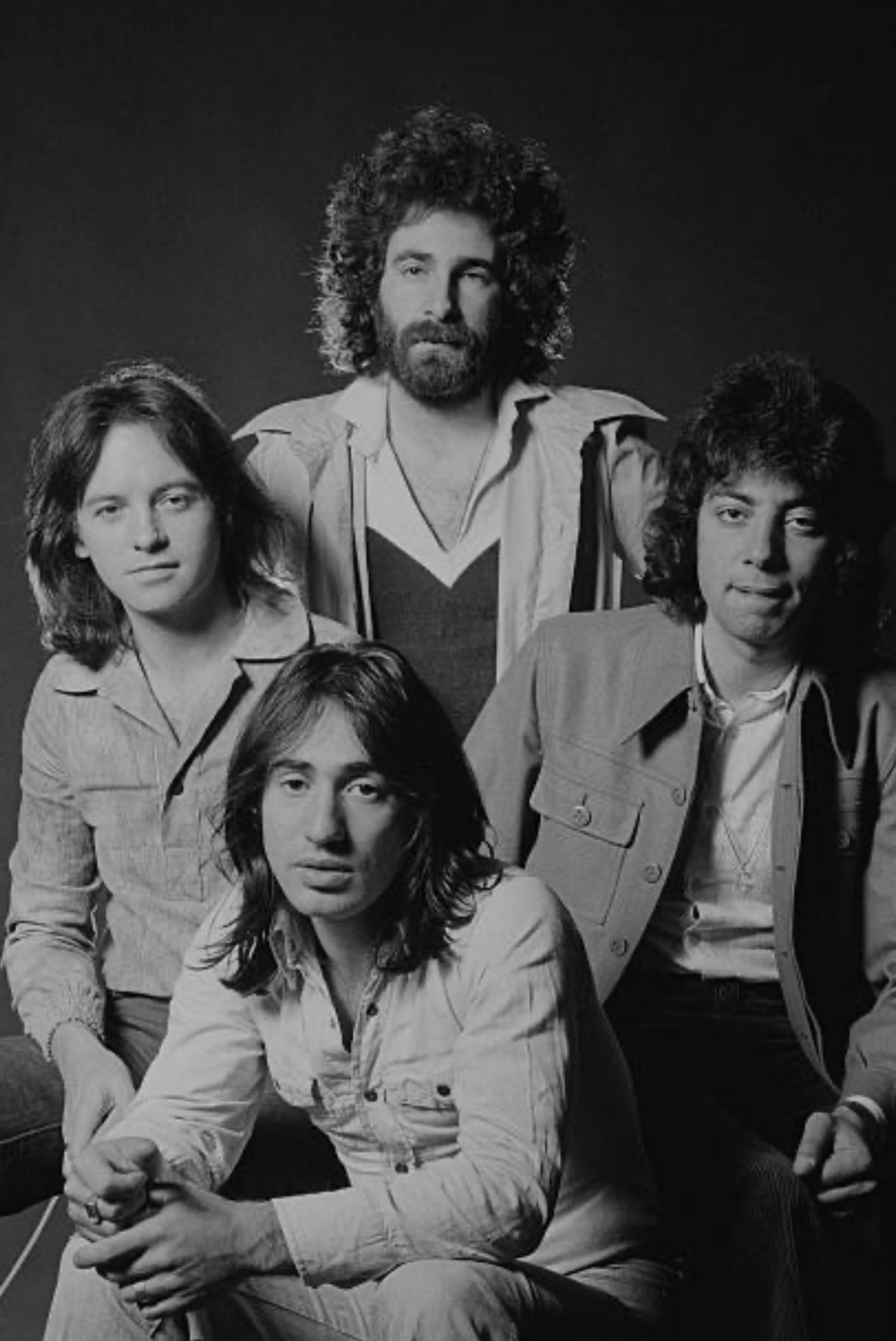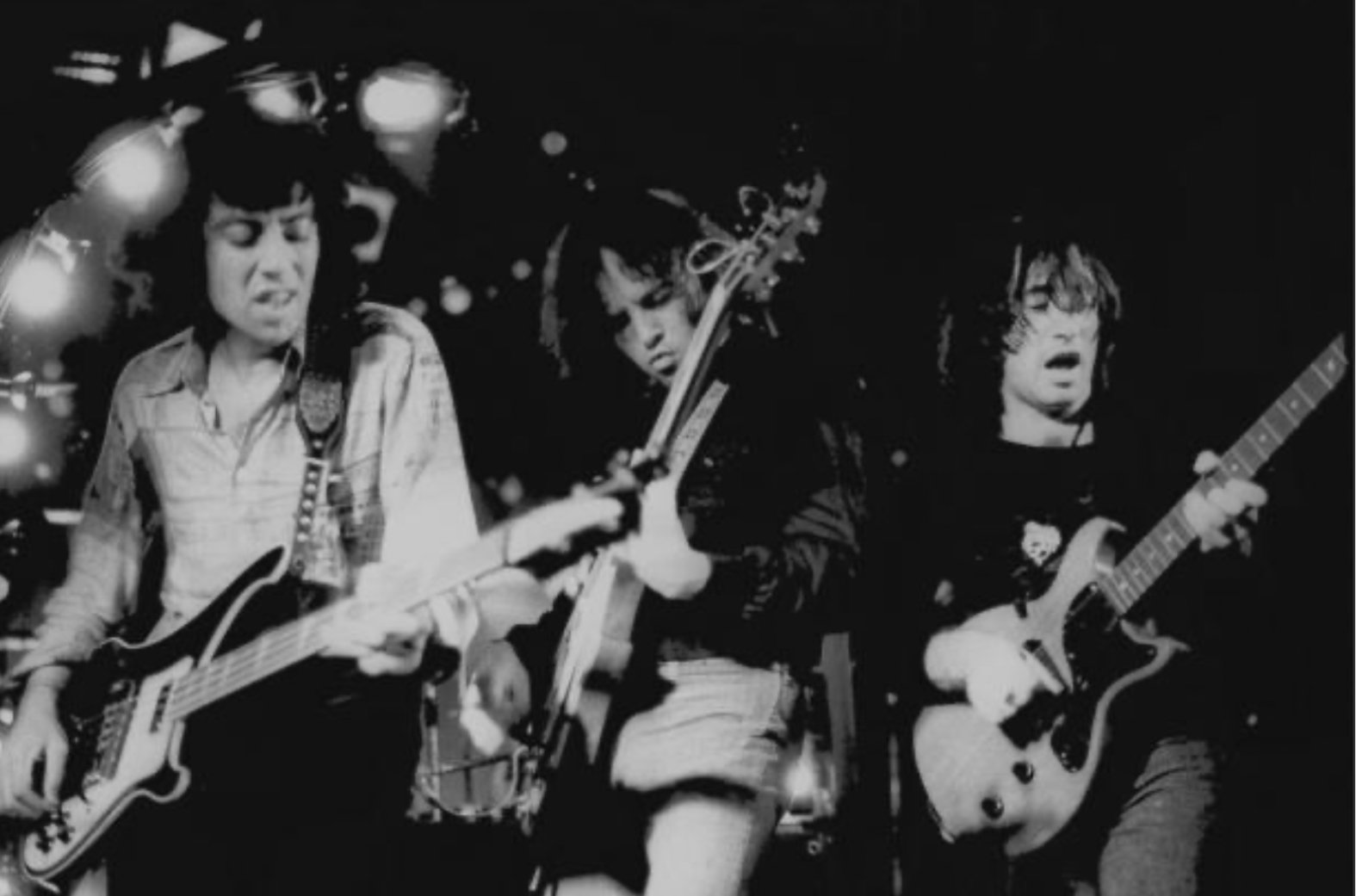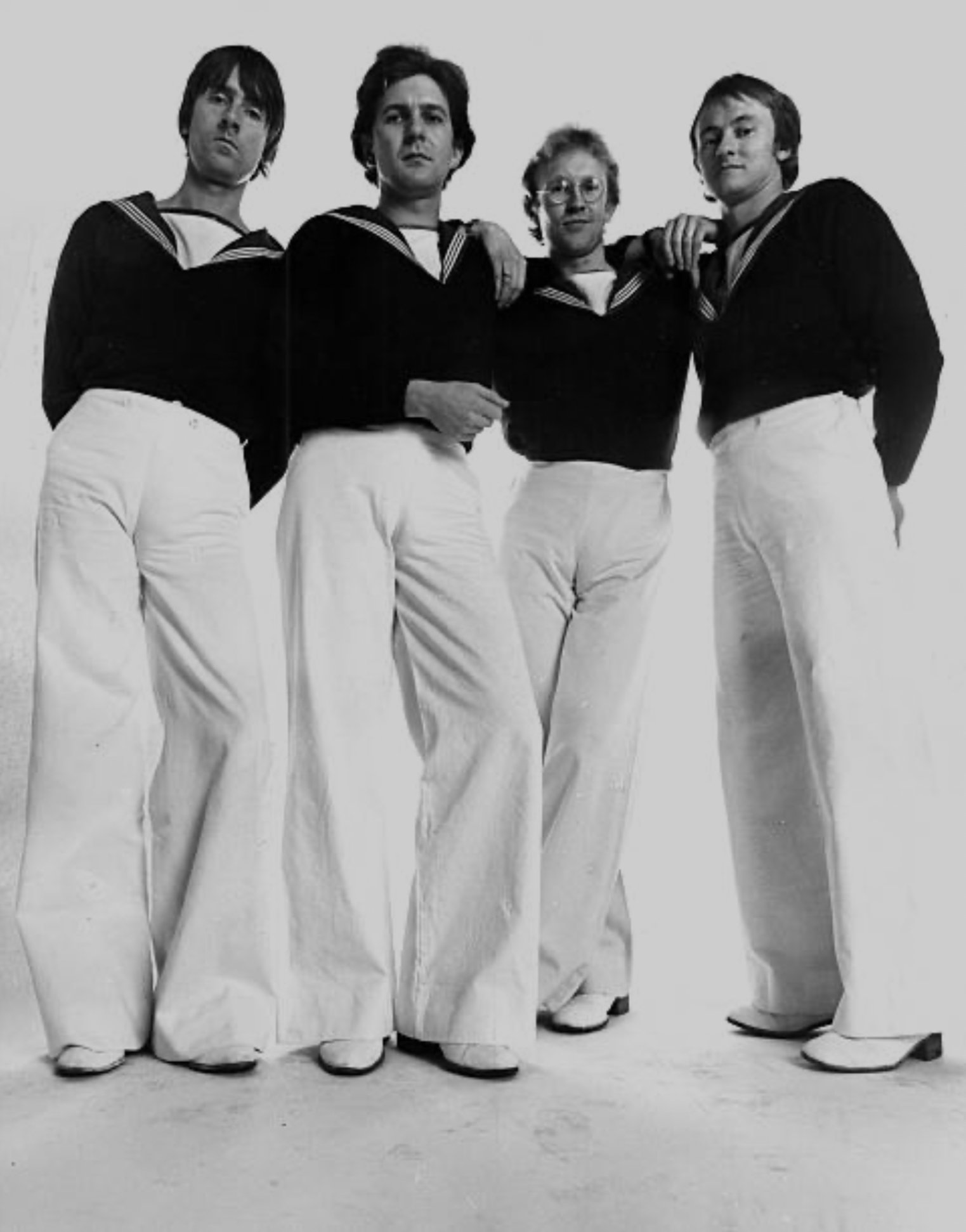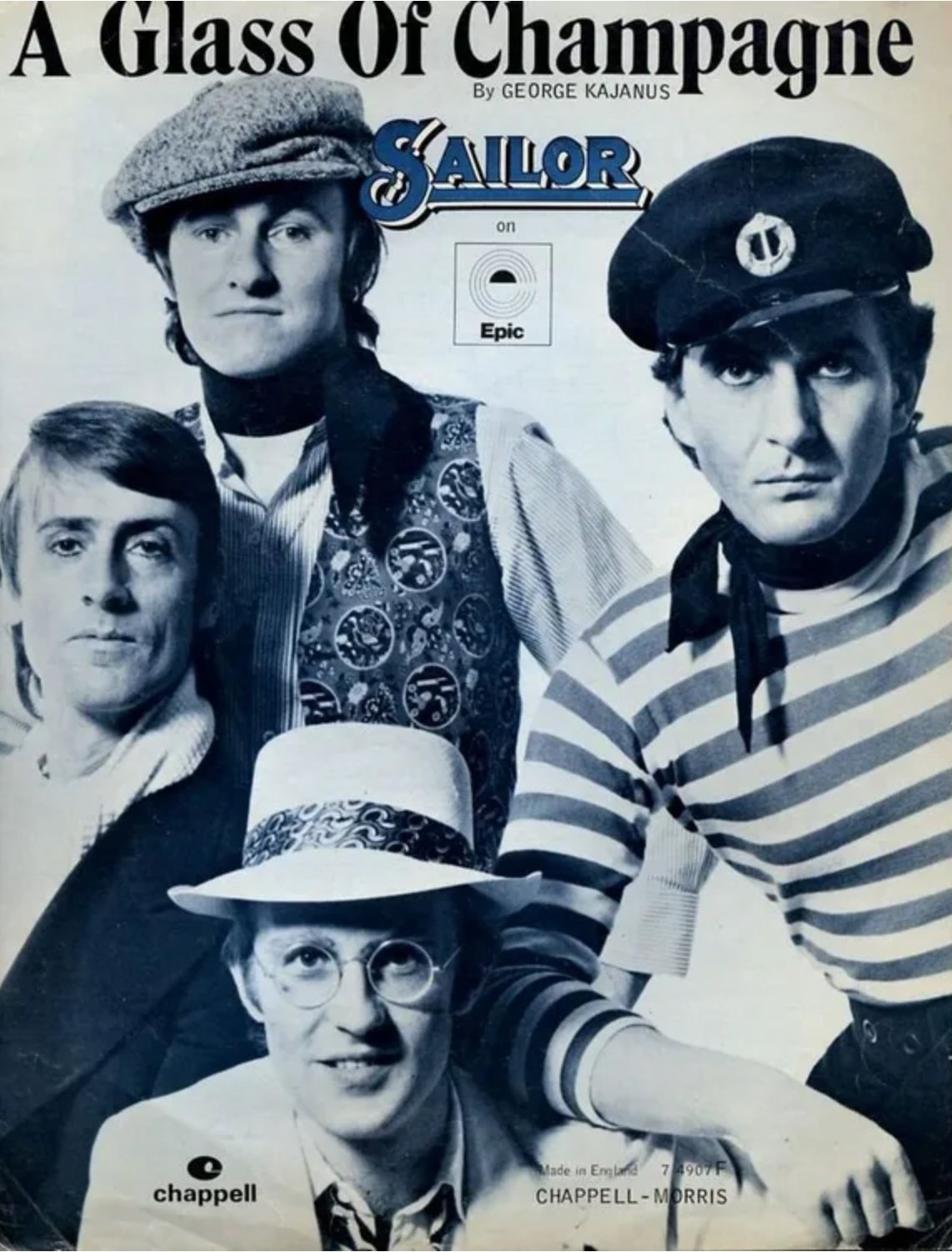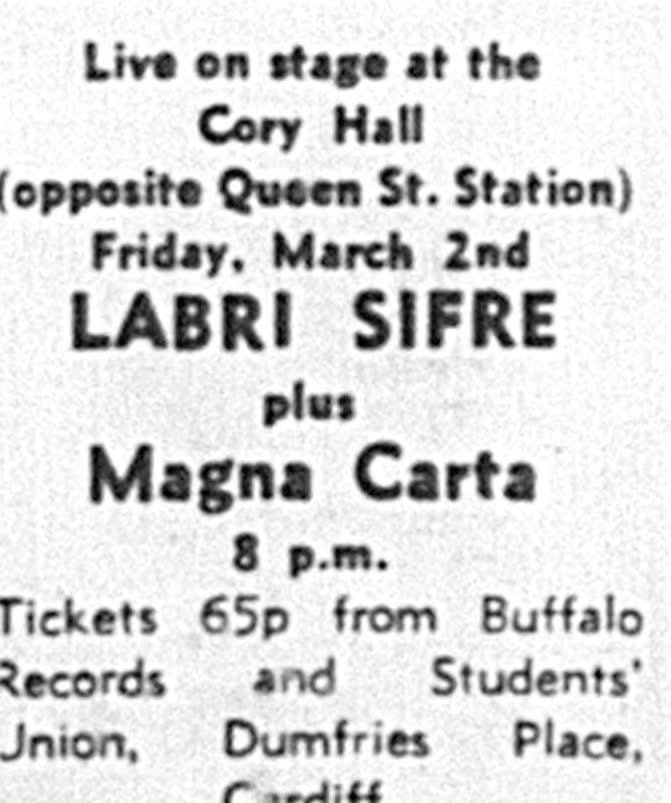On this day, 12 May 1971, jazz rock band Colosseum played Cardiff’s Top Rank. Colosseum, one of the first bands to fuse jazz, rock and blues, were formed in early 1968 by drummer Jon Hiseman with tenor sax player Dick Heckstall-Smith, who had previously worked together in the New Jazz Orchestra and in The Graham Bond Organisation, where Hiseman had replaced Ginger Baker in 1966.
During a British tour in 1971, Colosseum, with doubtful enthusiasm from their management and label, set about recording shows with the Granada mobile, with the intention of capturing their onstage magic, and a clutch of hitherto unrecorded numbers, on a live album (Jon Hiseman, feeling their three studio albums to that point had lacked something of this). In Jon’s 2010 autobiography ‘Playing the Band’, it is explained that while nobody could by then recall how many shows had been recorded, the first was at Canterbury, the third was at Manchester University on 13 March, there was another at Manchester University on 18 March and the final recording was made at the Big Apple in Brighton on 27 March. Somewhere in between, there had also been a recording made at Bristol. The second show in Manchester – a free gig – was put on because the band had felt the first one was below par, with a ‘huge row’ in the dressing room after, and they were desperate to try and get something good on tape.
After the Brighton show, their manager, Gerry Bron, pulled the plug on more live recordings and Jon became despondent. However, they all listened again to the first Manchester show at Lansdowne Studios and realised it was much better than they’d reckoned at the time. Thus, five tracks from Manchester on March 13, and one from Bristol (date not given, track not identified) – according to Jon in his book, the only one from a show other than Manchester that they thought was any good – became the June 1971 double LP ‘Colosseum Live’. It would be their last album, bar a compilation of oddities, until reforming in 1994.


